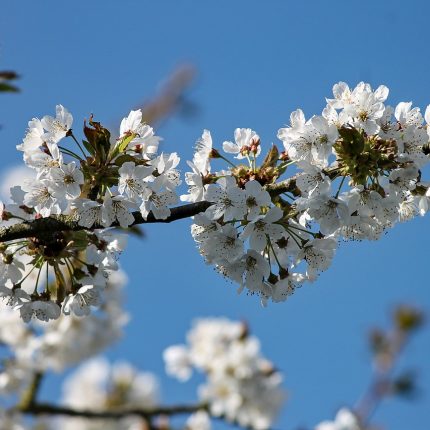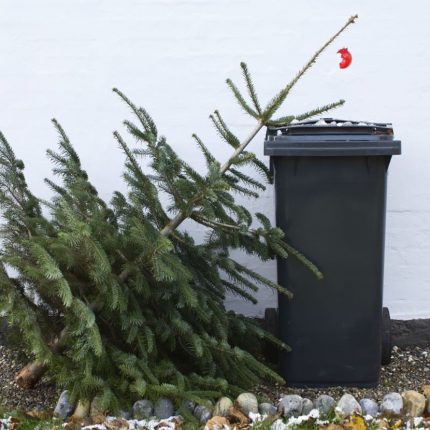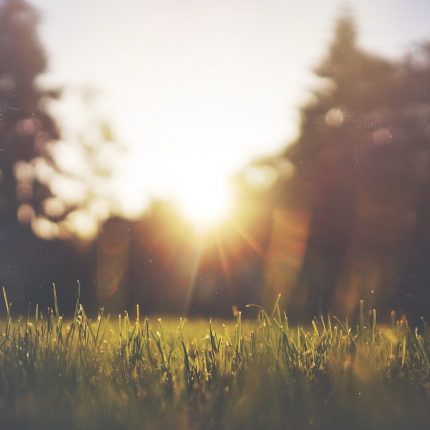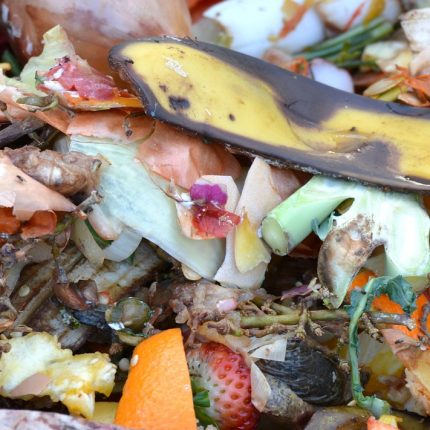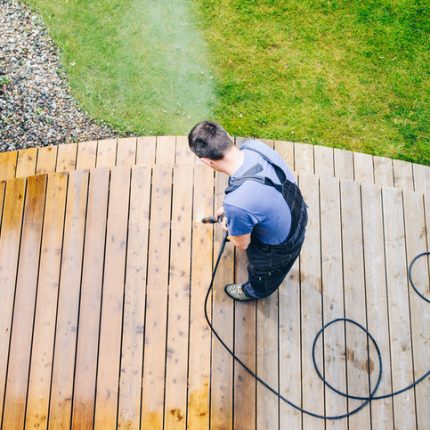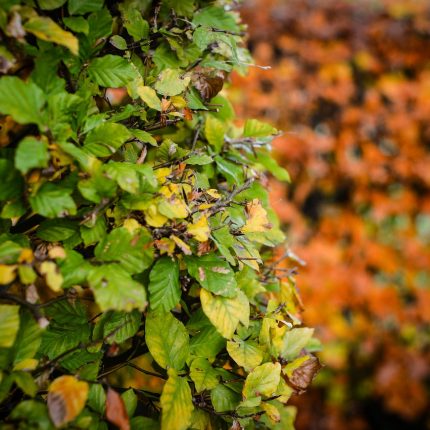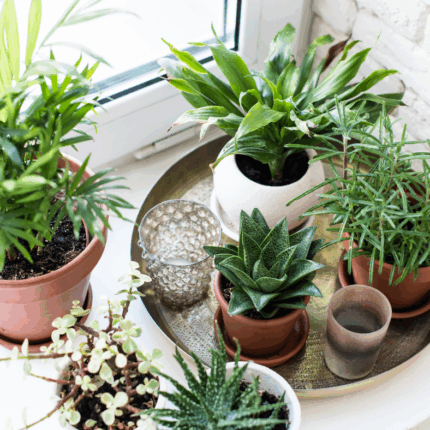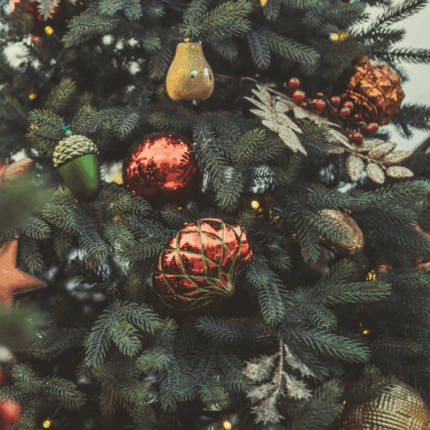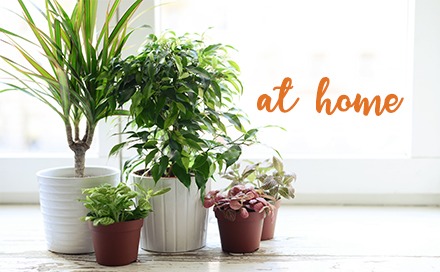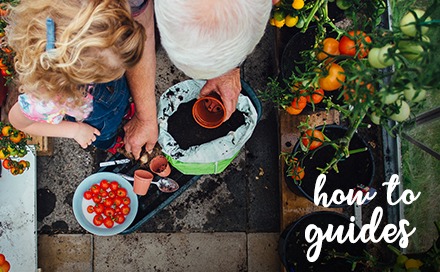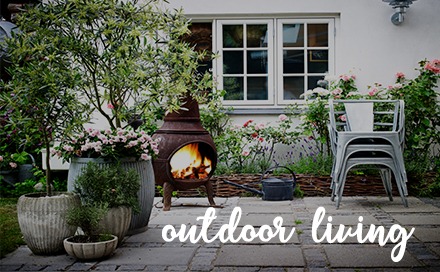How to Make Compost at Home
Home composting has countless benefits both for your garden and the environment.
What is Composting?
Composting is a biological aerobic process where garden materials and food waste is converted into a brown earthy-smelling material called compost.
Compost can serve to feed the ecosystems living in your soil, and provides essential nutrients that can be absorbed by plants.
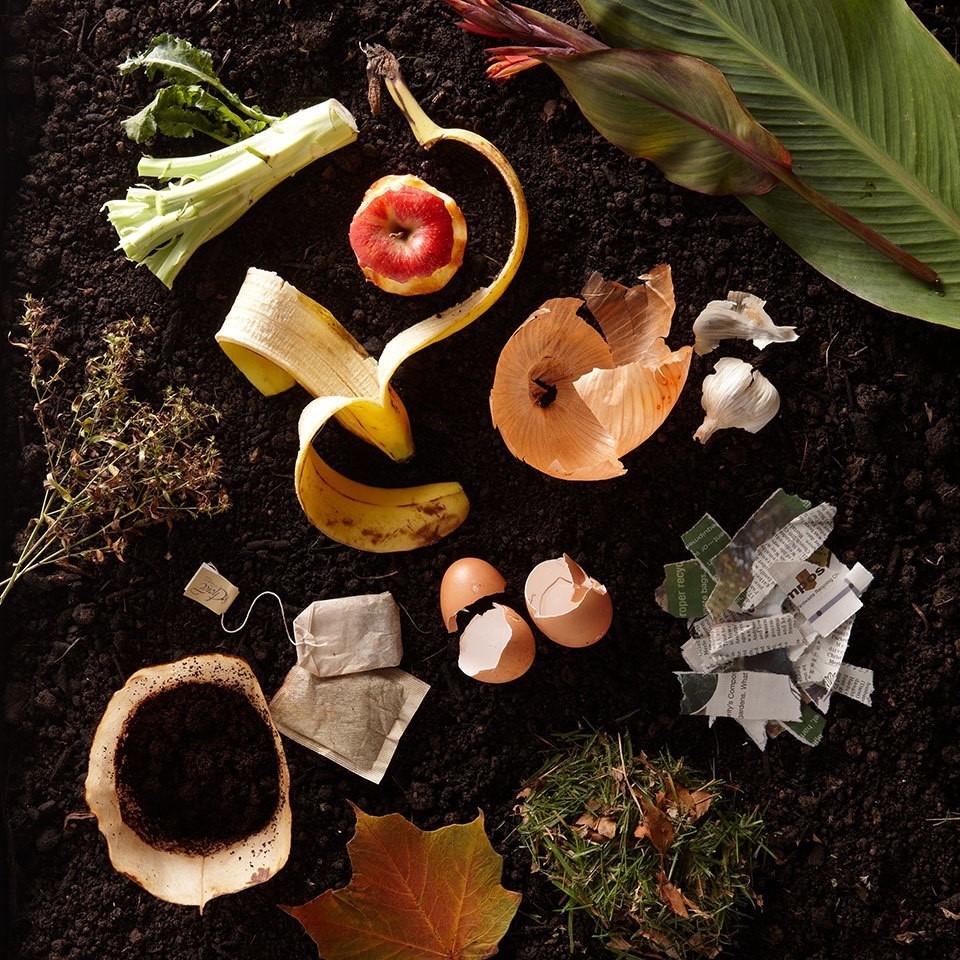
Composting Benefits
By avoiding food being wasted through composting you can save a lot of money on landfill bills. It also makes people more conscious of how much food they were wasting prior to composting, leading to less being spent on groceries every week. Food and garden wastes make up around 30% of the average rubbish bin.
Home composting can eliminate the need for biodegradable materials such as food or garden waste to be collected, processed and treated. The small savings in fuel to transport the waste can quickly start to add up! It also creates more room in landfill sites.
The environmental impacts of home composting are endless. By making your own compost as opposed to using potting compost which often contains moss peat you can help to protect Ireland’s biodiversity. Besides, home made compost is fantastic for your soil’s texture, structure and moisture creating much healther plants.
Composting also prevents food waste from sitting and rotting in landfills, which produces harmful liquids, odours, and worse again, methane. This can go a long way in fighting against climate change.
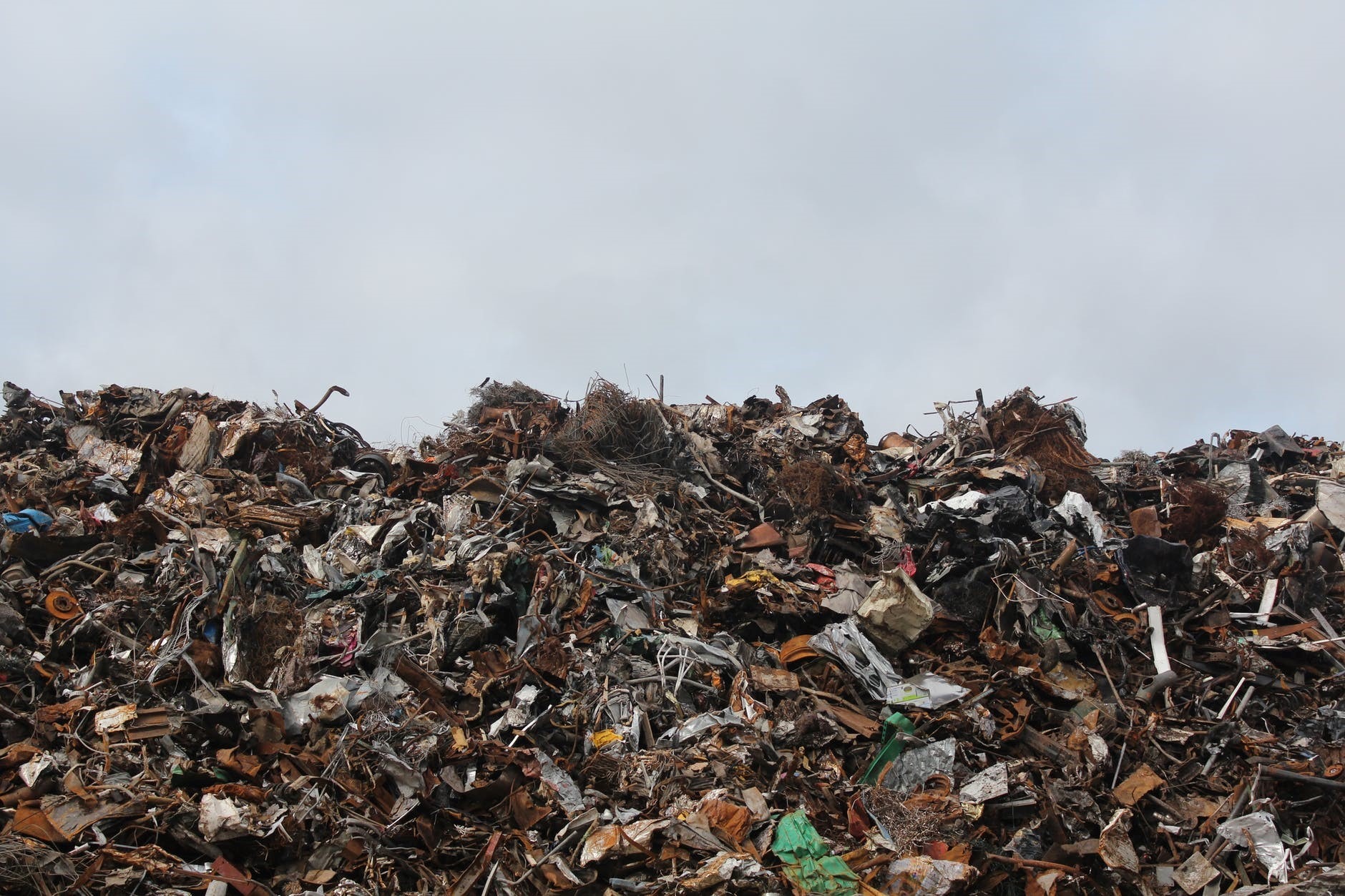
How to Compost
- Choose your composting site with around 3 square feet of space
- Decide whether you want a compost bin or pile
- Use wire or fencing to protect your compost from pests
- Turn your mixture over every week or so using a fork
- If your compost begins to run dry, water it every so often
- Break up bigger more solid materials to ensure that oxygen is getting through the compost
What can I use for composting?
Try to keep a healthy mix of green and brown waste. Green waste supplies nitrogen to the compost which helps to build the cell structure of the soil.
Brown waste provides the living organisms that break down the soil with carbon.
With this in mind, there are few things in both your kitchen and garden that wouldn’t be of use in your compost pile. Some items that might surprise you include:
| ITEM | COLOUR |
| Grass Clippings | Green |
| Tree Leaves | Brown |
| Eggshells | Green |
| Newspaper | Brown |
| Teabags/Coffee Grounds | Green |
| Plant trimmings | Green |
| Hair | Green |
| Toothpicks/Matches | Brown |
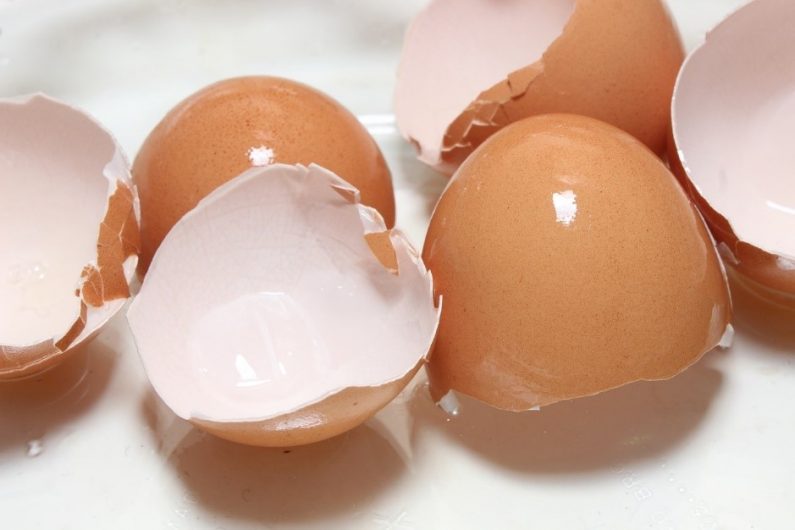
Try to avoid composting materials such as animal bones/waste, dairy products, and oils/fats. They can cause your compost pile to smell which will attract pests.
We’re here to help
If you have any questions about composting get in touch on social media. If you have a specific problem, it’s really helpful to show us a picture of it. We’d love to help!

